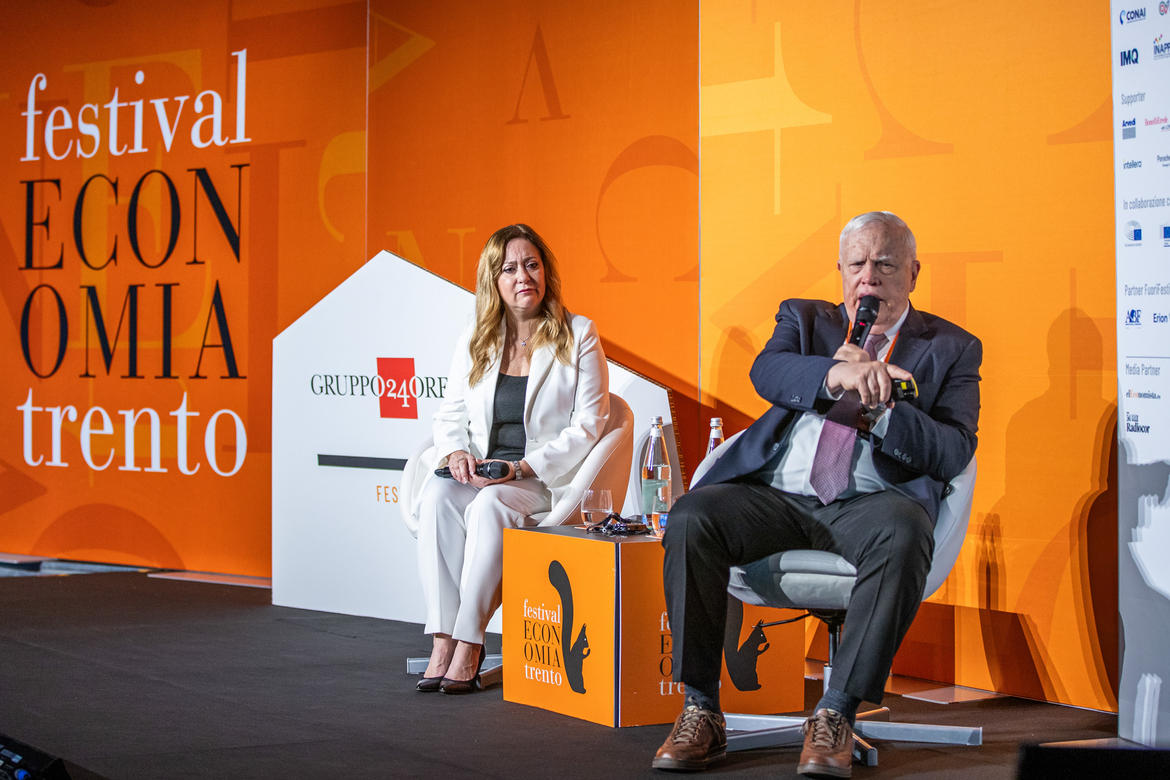
The root causes of inequality and social mobility must be considered from multiple perspectives; a deep understanding and a correct problem setting are crucial to have effective social policies. “Yet”, - stated Prof. Heckman - “when we see a problem, very often we treat its symptoms and not its causes. I have always been engaged in understanding the origin of problems. By comparing two countries, you can learn a lot”. His research primarily focuses on the USA and Denmark, with Denmark being renowned for its effective welfare management. Data shows significant inequalities in Latin American countries like Peru and Argentina, while Scandinavian countries such as Denmark and Norway exhibit the lowest levels of inequality. The USA and Italy fall somewhere in between. What are Scandinavian countries doing to achieve such low inequality?
Different theories have been analysed. According to Prof. Heckman, a model based on investment should be considered. “A way to read this data is through the lenses of investments. If you base the calculation on parents and society, the degree of societal investments will determine what happens to the children”. He continued: “Inequality is not solved through more family-friendly policies, other factors are at work. I found it staggering that generational mobility is similar between the USA and Denmark. So I decided to focus on this aspect”.
When considering such issues, skill acquisition becomes crucial. While education has received increasing attention from states and societies, other forms of learning remain underexplored. According to Prof. Heckman, family plays a crucial role, and parenting should be the implementation of an active strategy to support learning. Children learn through different means from their first day of life — mainly by imitation and doing. Yet, such learning is often overlooked, and the formal schooling system is regarded as the primary source of learning. “I think schools are the least effective way to teach. Parents are”, he affirmed.
Another aspect that has recently garnered attention is location: where people live would seem to significantly impact their lives. “What do people understand by location? School quality, peers, amenities”, Prof. Heckman says. While many parents research the area when buying a house, the ultimate focus should return to families and their role in supporting the learning process and skill acquisition, which, in turn, aids social mobility. “You also learn from your mistake: we should teach failures. Instead, many parents are worried about hurting their children’s feelings, and they try to protect them from mistakes. Yet, in this way, they are inhibiting the learning process. Of course, failure can also crush a person: it must come with support”. Once again, the role of parents is crucial.
The complete program is available online at www.festivaleconomia.it





